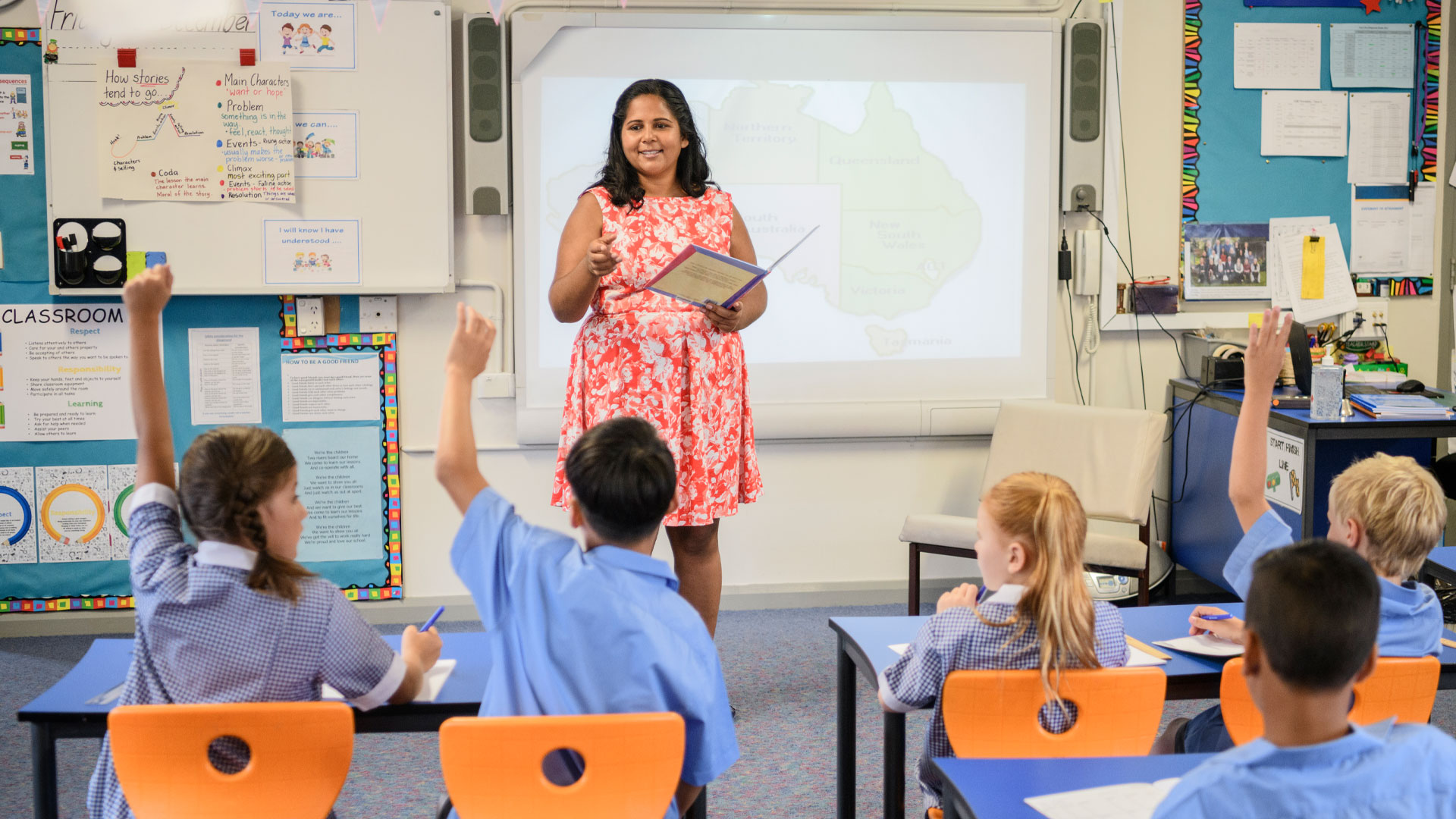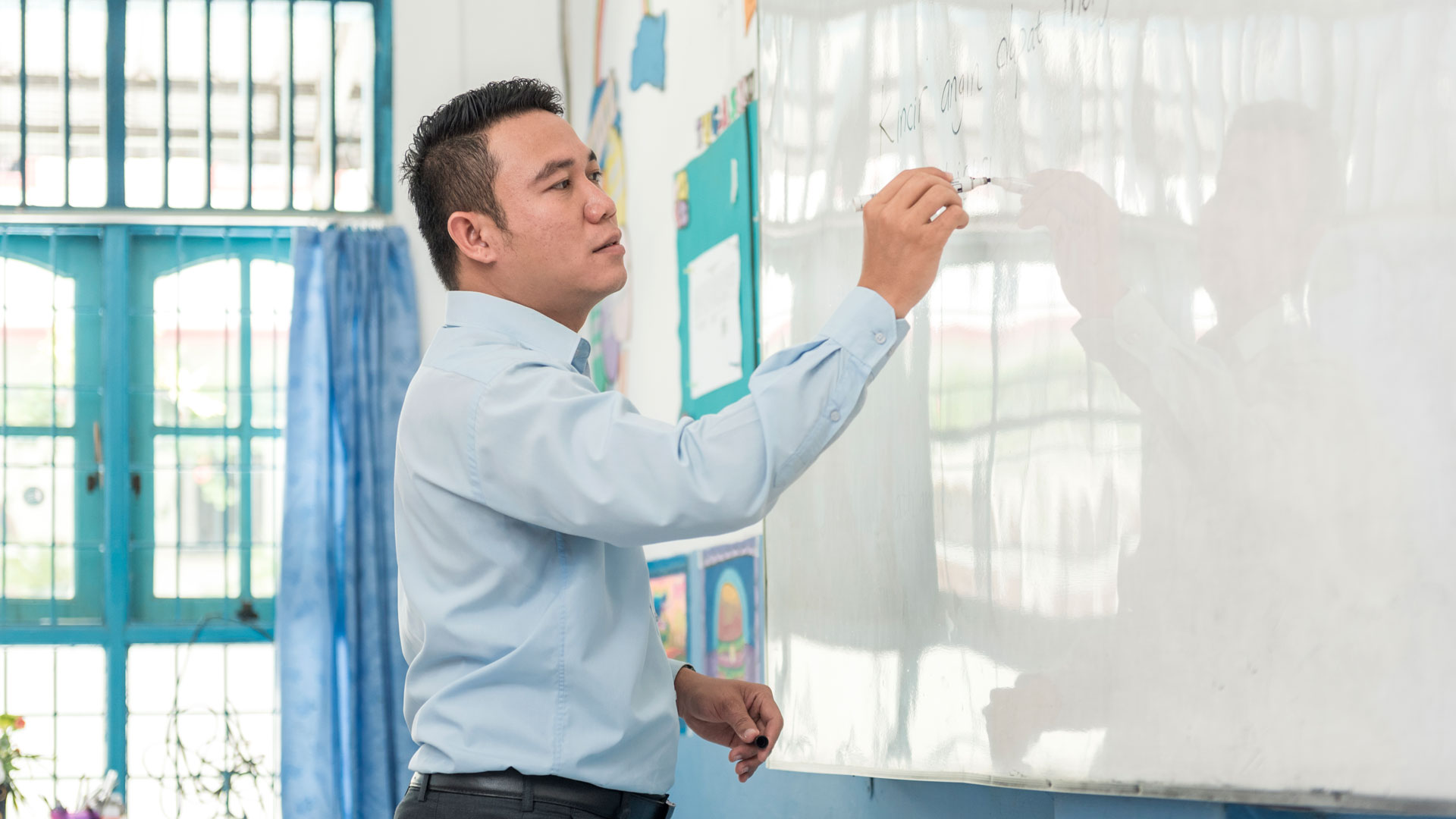Careers advice
Common job interview questions for teachers in NZ
Ready to be the one being graded for a change?
Last updated: 18 September 2023
1. Why do you want to work in this school?
2. Tell me how you plan your lessons
Interviewers will want to know how you go about panning your lessons.
3. You encounter two students fighting in the yard, what do you do?
4. How do you help struggling students?
5. Talk to us about a current educational issue
6. What role do you see for technology in the classroom?
When a lesson isn't going well, how do you respond?
7. Tell us about a time a lesson didn’t go to plan
Author
Other articles you might like





